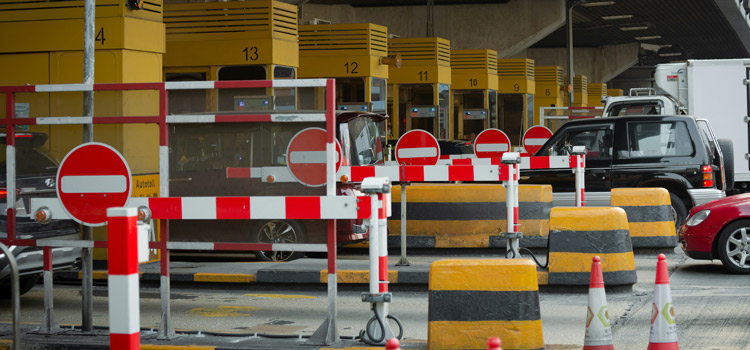Oil and Gas Lawyers
Oil & Gas Laws in India
Find Oil & Gas Laws expert lawyer in India.
|
What is Oil & Gas Laws? What is the need for Oil & Gas Laws? How is Oil & Gas Laws legally recognized in India? Vidhikarya will help you find a most suitable lawyer, for you in your city, who will be able to answer all your Oil & Gas Laws related queries and also guide you on how to resolve this matter with ease. |
|
About the Oil & Gas Laws |
|
From a legal point of view, it is the Union Govt., under the Constitution of India, 1950 ('Constitution') that has the ability to enact in regard of Oil and Natural Gas. Authoritative powers are given on the Union Govt. by Entry 53, to List I of Schedule VII of the Constitution. |
Laws regulating Oil & Gas Laws
|
o Oilfields Act - The Oilfields Act constitutes the fundamental statute for authorizing and renting of oil and gas squares by the Union Govt. The impact of the Oilfields Act was examined finally in Babhubhai Jasbhai where two individuals from the Gujarat Legislative Assembly tested eminenceto be paid to the State Government as far as a warning issued under the Oilfields Act. The Gujarat High Court expelled the test on the ground that lone the Supreme Court could look at question between the Union Govt. what's more, a State Government under Article 131 of the Constitution. In any case, the Gujarat High Court additionally inspected the reason for the Oilfields Act and clarified the topic of the Oilfields Act as identifying with direction of issues set out in Entry 53. This would imply that despite the fact that oilfields are physically arranged inside a State in India, it is just the Union Govt. that can pass laws in regard of the same and any question that a State brings up in regard of an oilfield, it must do as such with the Union Govt. as it were in the Supreme Court. In Satish Maganlal the Gujarat High Court had event to inspect administrative system in connection to oil and oil items and in this foundation, the Gujarat High Court noticed that the Oilfields Act enables Union Govt. to pass laws for protection and improvement of mineral oils. Further, Oilfields Act basically controls creation part of oil. o Petroleum and Natural Gas Regulatory Board Act 2006 - The Petroleum and Natural Gas Regulatory Board Act, 2006 ('PNG Act') was notified on April 3, 2006.The PNG Act accommodates the setting up of the Administrative Board to control the refining, handling, capacity, transportation, conveyance, advertising and offer of petroleum, petroleum items and common gas barring generation of unrefined petroleum and characteristic gas in order to secure the enthusiasm of purchasers and elements occupied with particular exercises identifying with petroleum, petroleum items and flammable gas what's more, to guarantee continuous and sufficient supply of these items in all parts of the nation and to advance focused markets and for issues associated therewith or accidental thereto. The PNG Act accommodates a legal structure for downstream gas area control and improvement of petroleum gas pipelines and city or nearby gas dispersion systems. o Environmental Law- under the PSC, Union Govt. furthermore, the contractual worker perceiving that petroleum operations cause some effect on the earth, need to direct petroleum operations with due respect to concerns concerning assurance of the earth and preservation of normal assets. o Competition Law - The PNG Act engages the Regulatory Board under Section 11 to 'secure the enthusiasm of shoppers by cultivating reasonable exchange and competition… ..' Be that as it may, the issue identifying with unreasonable exchange hones has additionally The PNG Act enables the Regulatory Board under Section 11 to 'ensure the enthusiasm of shoppers by encouraging reasonable exchange and competition… ..’ In any case, the issue identifying with out of line trade practises has likewise come up before the Competition Commission of India ('Competition Commission constituted under the Competition Act, 2002 ('Competition Act'). Not at all like the past enactment, have Monopolies what;s more, had Restrictive Trade Practices Act, 1957, (MRTP Act), had the Competition Act explicitly made the law pertinent to State owned Enterprises ('SoE'). This issue came up for thought at an early stage in Reliance Enterprises Ltd. v. Indian Oil Corporation Limited and Ors.82 when the Competition Commission had to analyse materialness of Competition Act to SoE. |
Search Result : Expert Oil and gas Lawyers
Consult Expert Oil and gas Lawyers in India












